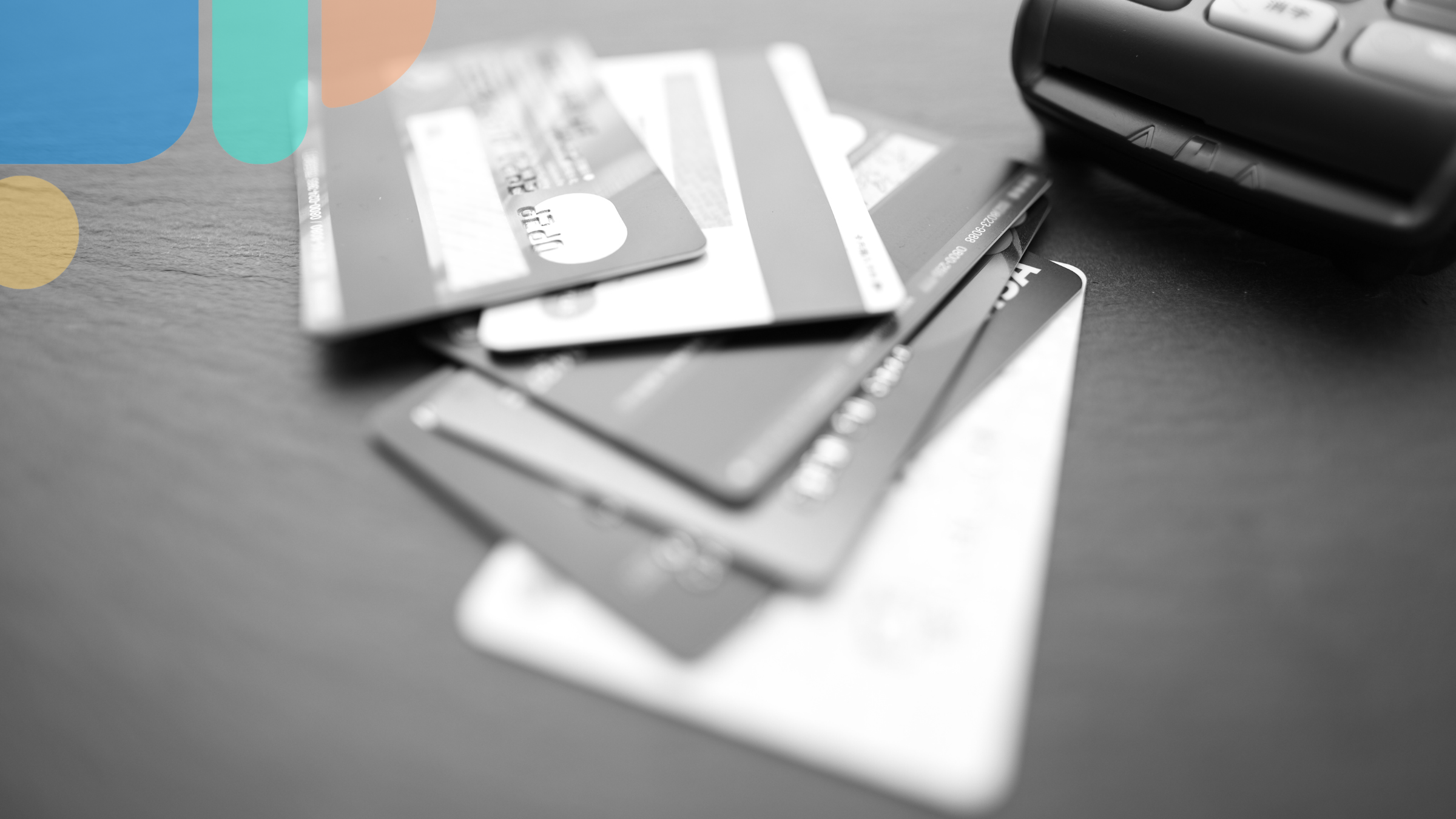
Payoneer vs. PayPal: Which Is Better?
Compare PayPal an all-in-one payment platform to Payoneer is a cross-border payment gateway and see how an Open Payments Platform supports both.

Embarking on a quest to build your ideal financial environment necessitates clear insights into the different service providers available to you. PayPal and Payoneer are two such providers offering unique solutions for accepting payments and streamlining transactions.
As an agnostic provider of open payments, Spreedly is here to give you the developer’s perspective you need to make an informed decision between these two.
Getting to Know Your Providers
If you’re not accepting PayPal, you’re making it harder for customers to make purchases.
Since its launch over 25 years ago, PayPal has grown into one of the most recognizable financial service brands worldwide, with more than 426 million active users. In 2023, the platform processed 25 billion transactions, totaling more than $1.5 trillion in payment volume.
Payoneer is a lesser-known brand offering a more focused solution for cross-border transactions. The technology provider now serves millions of customers, with offices in over 25 countries. Known for its cost-effective services, Payoneer is quickly gaining traction among freelancers and online businesses seeking reliable fintech solutions.

Comparing the Details and Advantages of Each Solution
It is vital to consider which advantages each provider offers when building your payment system, as well as the differences between the two. The scope of each solution is a major distinction that differentiates one from the other, as well as which customers they can best serve.
PayPal’s All-In-One Payments Platform
This platform offers many features and capabilities that allow you to customize based on your financial needs. Separate solutions are available for small businesses and enterprises, enabling you to tailor your experience further based on the size of your business.
The platform is currently available to businesses in 200 countries and regions, with support for 25 currencies and counting. Aside from its base payment platform that allows you to send and receive funds, PayPal also offers additional financial services, such as business loans and business debit cards. You can also manage your core operations with features like risk management and reporting.
Through this platform, you can seamlessly connect to all PayPal-branded transactions, including Venmo and Braintree. Along with these options, the platform also supports the following payment methods:
- Credit and debit cards
- Digital wallets
- Deferred payments
- Bank transfers
- Bank debits
- Vouchers
Despite its overall simplicity and ease of use, PayPal does present merchants with somewhat complex fees. The pricing model is designed to provide you with the most competitive rates possible based on the payment methods you use most and the regions of the world where you operate. As of September 2024, the standard fees according to payment type are as follows, with fixed fees varying based on currency:
- PayPal Checkout: 3.49% + fixed fee
- PayPal Guest Checkout: 3.49% + fixed fee
- QR code transactions: 2.29% + fixed fee
- QR code transactions through third-party integrators: 2.29% + 0.09USD
- Pay with Venmo: 3.49% + fixed fee
- Send/Receive money for goods and services: 2.99%
- Standard credit and debit card payments: 2.99% + fixed fee
- All other commercial transactions: 3.49% + fixed fee
You can find PayPal’s full pricing and fee model here.

Payoneer’s Cross-Border Solution
Payoneer provides customers with a multi-currency account for sending and receiving cross-border payments. These accounts are available to businesses receiving payments in nine main regions:
- US
- UK
- Europe
- Japan
- Canada
- Australia
- Singapore
- Hong Kong
- UAE
Additionally, Payoneer offers local withdrawals in more than 190 countries.
Along with offering a native Payoneer Balance method for receiving funds, the payment methods offered through this provider include:
- Credit and debit cards
- ACH bank debits
- PayPal
- Direct bank payments
- Local bank transfers
Payoneer Balance allows payments to be made and received for free in a range of different currencies. When using other payment methods, the transactional fees for direct payments from clients are as follows:
- Credit cards (all currencies): Up to 3.99%, with an additional fixed fee of $0.49 in select countries
- ACH bank debits (US only): 1%
- PayPal (US only): 3.99% + $0.49
For direct payments made by marketplaces and networks, the fees are set by the specific marketplace. Payoneer also has additional fees for using and withdrawing funds, which can be viewed on the Payoneer pricing webpage.
Connect to PayPal and Other Leading Providers with Spreedly
Through Spreedly’s Open Payments Platform, you can unlock a global ecosystem of payment possibilities. With PayPal as one of our preferred partners, you can easily connect your payments stack to PayPal’s various payment and money management solutions.
Additionally, you can leverage Spreedly’s diverse integration network to build the custom payment infrastructure necessary for your exact needs.
In addition to providing a streamlined environment for integrating the payment services and gateways of your choice, Spreedly also offers Advanced Vaulting capabilities that maximize the value of your payment lifecycles. Our Advanced Vault has everything you need to secure your transactions and keep payment data evergreen, ensuring a smooth and trustworthy checkout experience for customers.
Request a Spreedly demo today to get started.



